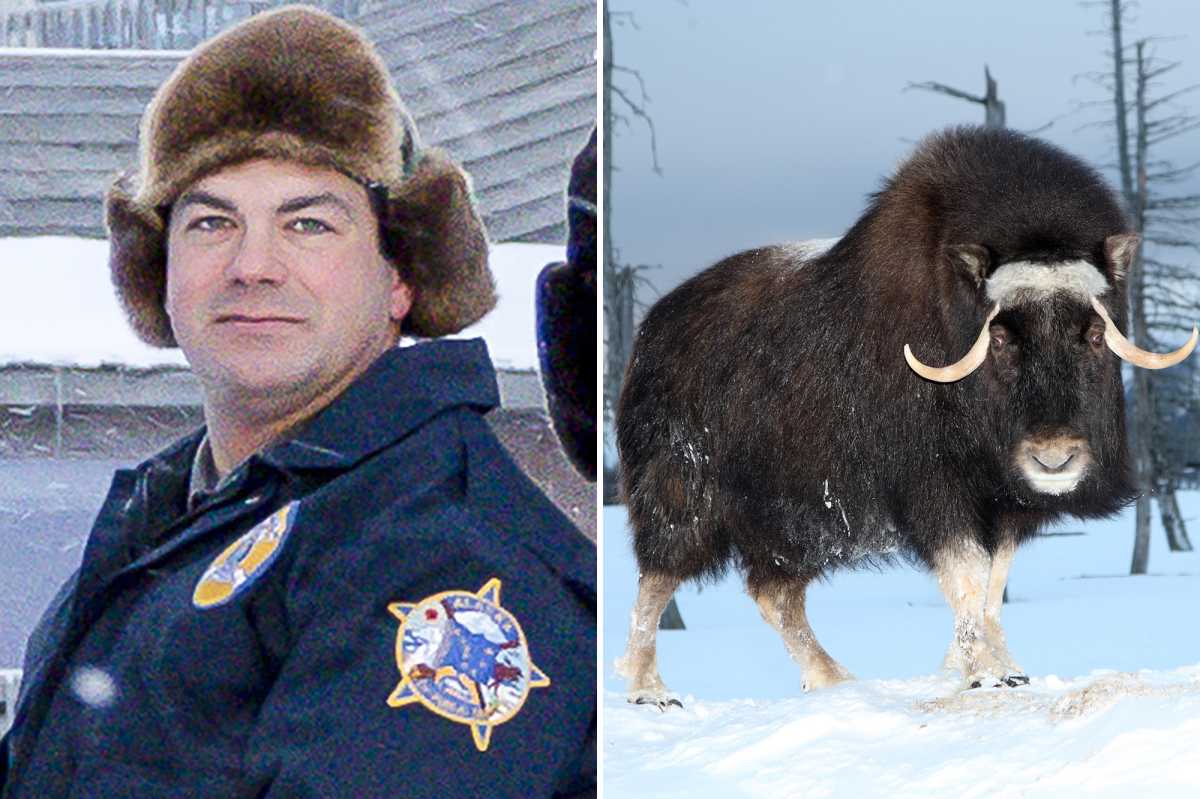News
Tragedy in Nome: The Muskox Problem

By the afternoon of December 13, 2022, idyllic winter conditions had finally arrived in Nome, Alaska. A fresh white blanket covered the rolling hills, reflecting the pinks and blues of a clear subarctic sky. Snow machines were whining, and the local mushers were looking forward to another season of exercising their sled dogs.
Curtis Worland, a well-liked member of the community and a court services officer for the Alaska State Troopers, was out on his snow machine, trying to scare off a herd of muskoxen that had come too close to his kennel. What happened next would change the town of Nome forever. One of the animals charged him, resulting in a fatal laceration to his femoral artery. Nome had just experienced its first muskox-related human fatality.
In the aftermath of Curtis Worland’s tragic death, Nome residents gathered to voice their concerns about the town’s muskoxen problem. Testimonies revealed frequent run-ins and fears of more encounters. Musicians shared stories of dogs getting gored, making it difficult to protect their kennels. The community felt that muskoxen had been mismanaged and that they were unable to protect themselves and their property without potential legal consequences.
Muskoxen, also known as umiŋmak in the Iñupiaq language, were once rare in this region. Epidemic diseases wiped out Indigenous histories and disrupted the relationship between muskoxen and the local communities. However, today, Nome is home to over 2,000 muskoxen, a stark contrast to their near extinction in the early days of European settlement.
The reintroduction of muskoxen to Alaska stemmed from a plan drawn up by early 20th-century settlers and promoters, without the consent of Indigenous people. Their vision for developing the Arctic included muskoxen as an Arctic agricultural alternative. Vilhjalmur Stefansson, an anthropologist, advocated for their reintroduction based on his observations during Arctic expeditions.
Nome, once again, finds itself in the midst of a muskoxen crisis. Worland’s death shook the community and brought attention to the need for better muskoxen management. The tragedy has sparked discussions and debates about how to protect residents and their property without harming the animals or facing legal repercussions.
This incident and subsequent public outcry have put the spotlight on Nome’s muskoxen problem. It is now up to policymakers and decision-makers to find a balance between conservation and ensuring the safety and well-being of the community.












